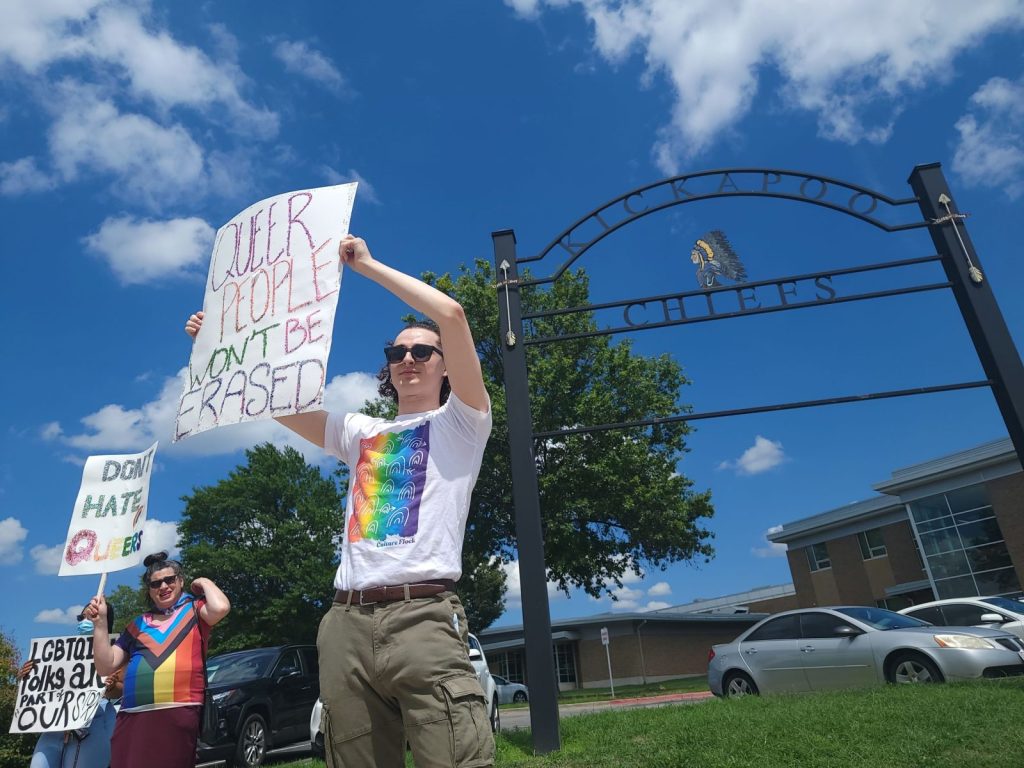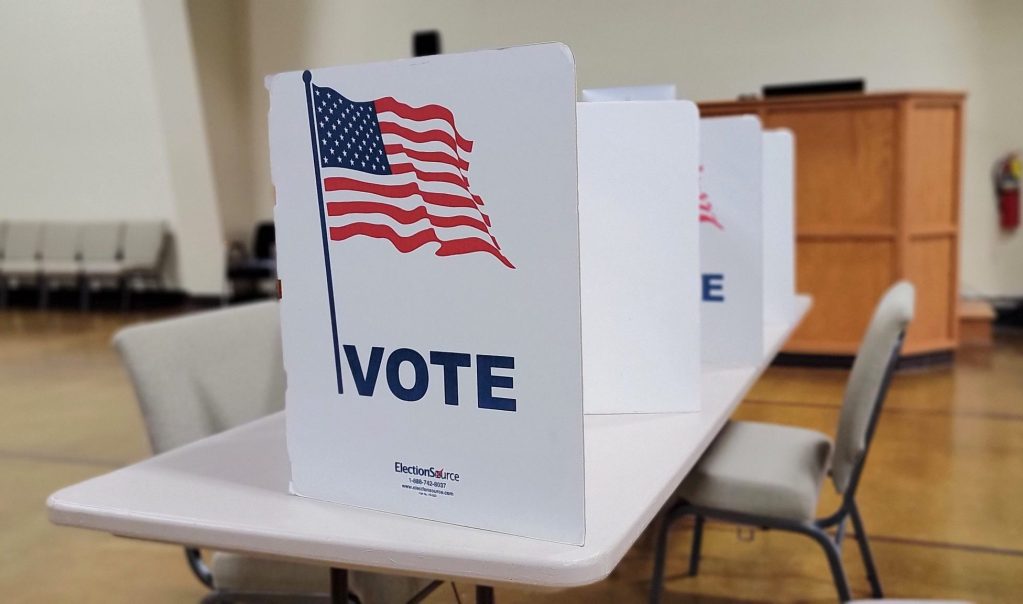OPINION |
I am wondering when the members of the Next Generation — youth and young adults ages 18-30 — will organize around their shared interests and flex their collective voting muscle to make their voices heard.
Support for individual issues will never be unanimous, but I believe there would be a significant majority of support — among all genders, races, political parties and geographic locations — for four initiatives: personal financial stability, personal safety, personal freedom, and the right to vote.
Personal financial stability means watching debate on Social Security
Many politicians are calling for dramatic changes in Social Security. If I were the Next Generation, I’d keep a wary eye out. Most experts agree Social Security needs to be reviewed and revised so it will remain viable. Still, it’s worth watching. As usual, the answer will lie between “never touch it” and “dig it up by its roots and throw it away.”
Many impacts are obvious, but the impact on the Next Generation may not immediately be so apparent.
Consider this: according to the U.S. Census Bureau and quoted by Prudential Financial, 58 percent of young adults ages 18-24 currently live at home for “myriad of reasons, including saving to buy a home, choosing to pursue higher education, and entering the job market later in life.” I assume a lot of those parents are depending on Social Security to help pay the mortgage or rent, buy food, and cover other household and living expenses. Without Social Security checks, what happens?
Young adults in the “sandwich generation” are squeezed by helping care for aging parents while starting their own families and launching their own careers. A significantly altered Social Security would only exacerbate that situation.
Maybe most disturbing, major changes to Social Security would likely mean seniors have to work longer than they had planned, whether they want to or not. The result for the Next Generation would be a clogged career advancement pipeline, stunting promotions, delaying pay increases, and, ultimately, creating resentment among generations.

Personal safety calls for common sense gun laws
Key to the Next Generation’s personal safety are common sense laws regarding access to and use of firearms.
According to the Centers for Disease Control and reported by Pew Research, in 2020 nearly eight-in-ten (79 percent) of U.S. murders — 19,384 out of 24,576 — involved a firearm.
Those 19,384 murders accounted for 54 percent of gun-related deaths. Another 24,292 (43 percent) were gun-related suicides. Both statistics are disturbing, especially given the nation’s growing mental health challenges. The remaining gun deaths that year were unintentional (535), involved law enforcement (611), or had undetermined circumstances (400).
According to the CDC, death of teens by firearms rose by more than 33 percent from 2019 to 2020. Death by firearms remains the second leading cause of death among teens behind motor vehicle accidents.
In the first 111 days of 2023 (through April 21), there had already been 163 mass shootings in the U.S. — an average of nearly 1.5 per day — killing 196 people and wounding another 475.
The Second Amendment to the Constitution protects the right of American citizens to bear arms. There are 27 Amendments to the Constitution many describe as guarantees, but none are absolute. All 27 amendments have laws that restrict them in one way or another.
The Second Amendment should never be abolished. But it already has some common sense restrictions and could have more. Anyone who argues that the Second Amendment is “all or nothing” is not interested in having a serious discussion about gun safety, skipped the junior high civics class that covered how Amendments are added and altered, or both.

Personal freedoms under fire
From banning books to restricting women’s reproductive rights, the Next Generation is facing significant and immediate challenges to their personal freedoms.
The impact of overturning Roe v. Wade is at the top of this list, and it’s on the minds of both men and women in the Next Generation. There’s plenty of room for debate about abortion. But there’s strong support for a woman’s right to make that and other very personal health decisions in consultation with family, doctors, religious advisers, and others of her choosing. This right is one of the very few granted to Americans that has been revoked even after being in place for 50 years.
Demonizing particular segments of the population, banning books, dictating school curriculum, and other efforts also are in vogue and likely will continue to expand, if allowed. The restrictions are promoted as being “for the common good.” More truthfully, these are the actions of a few who have decided they know what’s best for the Next Generation and how the Next Generation ought to live their lives. Like the generations who came before them, most of the young adults I know would politely respond, “Thank you, but I think I am capable of deciding that for myself.”

Right to vote is fundamental
Beginning in kindergarten, students learn that the right to vote is the foundation of a democracy. And they are told that voting is not only a right, but a responsibility and a privilege that should not be squandered. They learn that when they are old enough, they should become informed, engaged citizens and take the opportunity to vote in every election they can — school board, city council, state offices, federal offices, referendums, all elections.
Today, there are multiple overt efforts to keep some segments of the population from voting. And there are covert efforts to make it more difficult to vote for other segments, including college students. The young adults I know find these efforts offensive. The response I hear is, “Convince me, don’t cheat me.”
There are other issues that attract the attention of the Next Generation — climate change, racism, immigration, etc. — but I believe the four I have identified above enjoy a decisive majority of support. I hope young adults will make their voices heard by voting in upcoming elections at all levels of government.
Those in the Next Generation have the right and the opportunity to help shape the world in which they will live, work, and lead.


